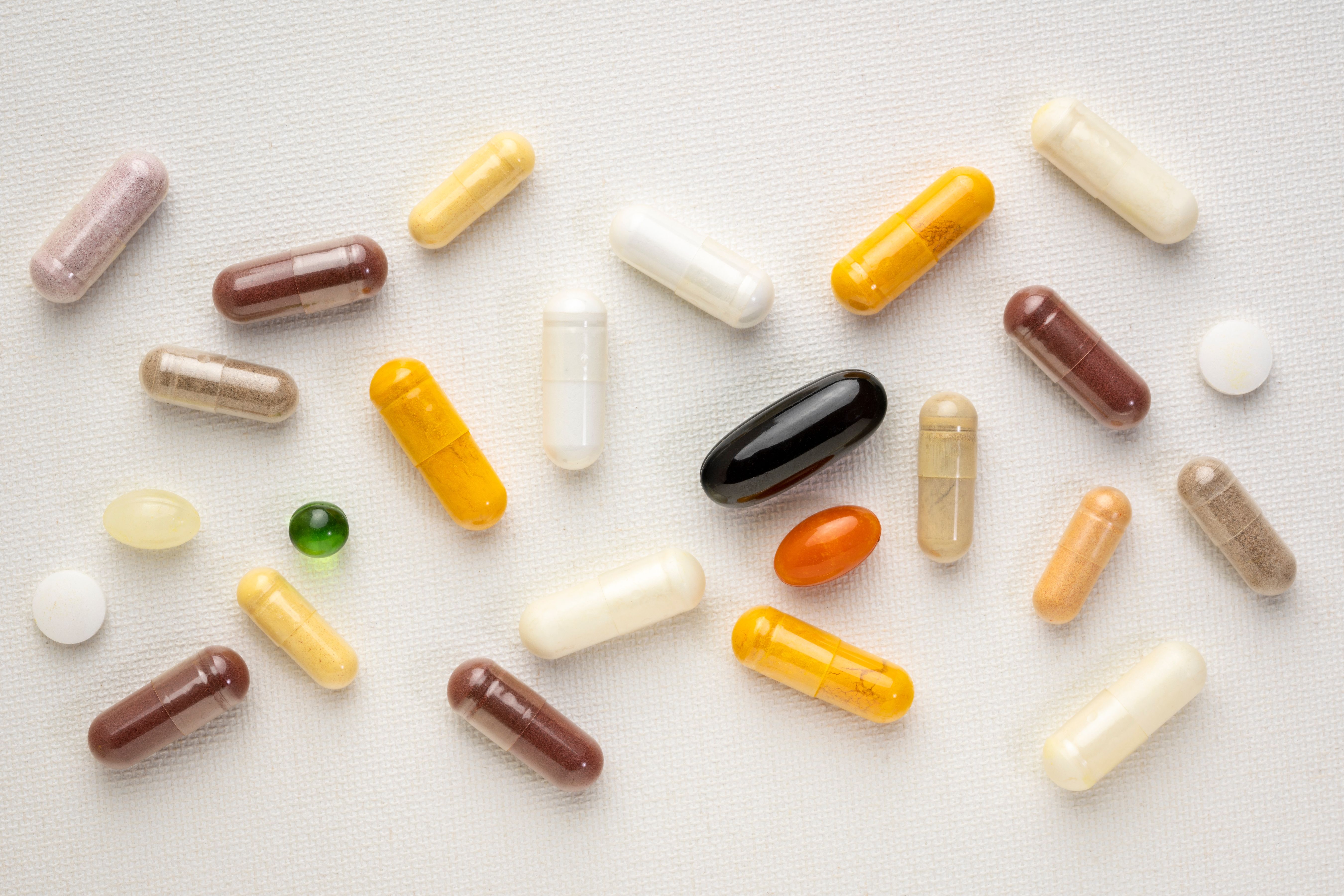Article
Vitamin D Linked to Ulcerative Colitis Relapse
Author(s):
Patients who experienced ulcerative colitis relapse had low levels of vitamin D.
Findings from a new study published by Clinical Gastroenterology and Hepatology indicate that low levels of vitamin D may increase the risk of relapse in patients with ulcerative colitis.
Ulcerative colitis is an inflammatory bowel disease that results in long-term inflammation and ulcers located in the colon. Patients can also experience rectal bleeding, bloody diarrhea, abdominal cramps, pain, and also may be at increased risk of developing colon cancers.
Effective treatment of ulcerative colitis can improve quality of life for patients, and could even mitigate new cases of cancer.
Other studies have suggested that vitamin D may improve asthma treatment, and attack cancer cells. Low levels of vitamin D have previously been linked to patients with active ulcerative colitis, but it was unknown whether it could increase the relapse risk.
"Prior studies in patients with Crohn's disease and Ulcerative Colitis had linked low vitamin D levels to disease flare-ups," said study senior author Alan Moss, MD. "However, it has been unclear if the flare-up was lowering vitamin D levels, or if low vitamin D levels were causing the flare-up. We thought that if we looked at vitamin D levels when the disease was inactive and then followed patients moving forward, the impact of baseline vitamin D levels on future events may be clearer."
In the new study, researchers analyzed vitamin D serum levels of 70 patients with ulcerative colitis (UC) who were in remission at baseline. Through blood tests and biopsies, investigators measured vitamin D levels and levels of inflammation, according to the study.
Patients were followed up with for 12 months, and data from patients’ who relapsed were compared against those who remained in remission. Interestingly, patients who relapsed were found to have lower vitamin D levels at baseline, according to the study.
"Patients who had higher vitamin D levels when their disease was in remission were less likely to experience a relapse in the future," said first study author John Gubatan, MD. "This suggests that higher vitamin D levels may play some role in preventing the UC relapse."
The investigators found that 35ng/ml of vitamin D in the blood was protective. This range is the recommended level suggested by the National Institutes of Health.
Ongoing studies from the researchers aim to determine the link between vitamin D and the cathelicidin protein located in the cells lining the colon. The association may have beneficial effects on the microbiome of the colon.
The study authors plan to conduct additional research to determine how vitamin D may play a role in protecting cells in the colon and the gut microbiome, the study concluded.
Newsletter
Stay informed on drug updates, treatment guidelines, and pharmacy practice trends—subscribe to Pharmacy Times for weekly clinical insights.






